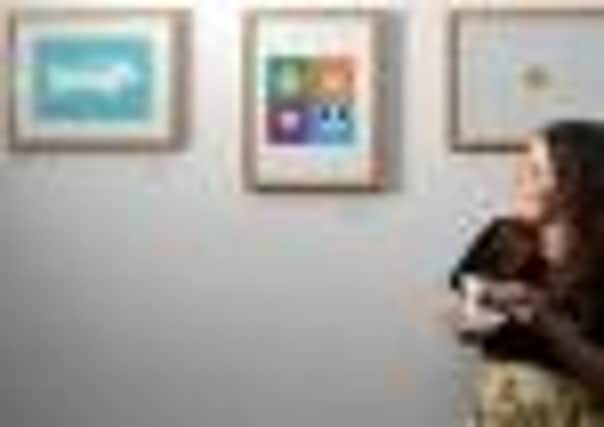Fears ‘insane’ licence laws will restrict grassroots arts


Art curators, festival chiefs and business owners have hit out at new rules which will mean “free-entry” events will soon have to apply for licences costing between £106 and £7500.
But it is understood “positive noises” have been made by the city council over how the law will be interpreted to ensure the cultural economy of the Capital does not suffer.
Advertisement
Hide AdAdvertisement
Hide AdThe council said the amendment to the Criminal Justice and Licensing (Scotland) Act of 2010 “is still being assessed” but would be “closely monitored” for six months after being implemented on April 1.
Rowan Campbell, a board member of the already-struggling Leith Festival Association, said fees and bureaucracy would dissuade satellite venues like bars and cafes from taking part.
“We act as an umbrella organisation, drawing together talent from the local community, and if hit with additional costs a lot of the local performers, artists and venues may not be able to participate in any form of activity.”
City businesswoman Erica Moore, director of Eteaket tea boutique in Frederick Street, which offers its walls as gallery space for emerging artists, said she would be forced to reconsider that relationship under the new law.
She said: “This is another example of a government initiative that is doing everything but helping small businesses succeed in the current climate.”
Students at Edinburgh College of Art (ECA) could also fall foul of the licensing change, with free public-space galleries often the first port of call for aspiring artists hoping to exhibit their work.
Stuart Bennett, head of the school of art, said the law seemed “insane” and would “restrict” city art education.
“Art should be constantly evolving and it should have a public face,” he said. “It shouldn’t be challenged by councils or governments that want to impose a legislation that is effectively limiting the potential for students to exhibit their work and be successful.
Advertisement
Hide AdAdvertisement
Hide Ad“One of the things I find astonishing is that in the Year of Creative Scotland 2012, the Scottish Government is imposing this at a time when they should be lifting restrictions on art.”
Kirsten Lloyd, a curator at Stills Gallery in Edinburgh, said she believed the amendment had been drafted to target raves but was “poorly worded” to apply across the creative arts.
“We are trying to influence Edinburgh council and we have had some positive noises from them in the last few days but they aren’t committing to what action they are going to take.
“We want them to exempt free events from these licences,” she said.
“There’s definitely a feeling that things are changing at the moment in our favour.”
A Scottish Government spokesman said: “This is entirely discretionary and it is for local authorities to decide what types of entertainment they wish to licence. It is also for local authorities to determine the cost of any public entertainment licence.”